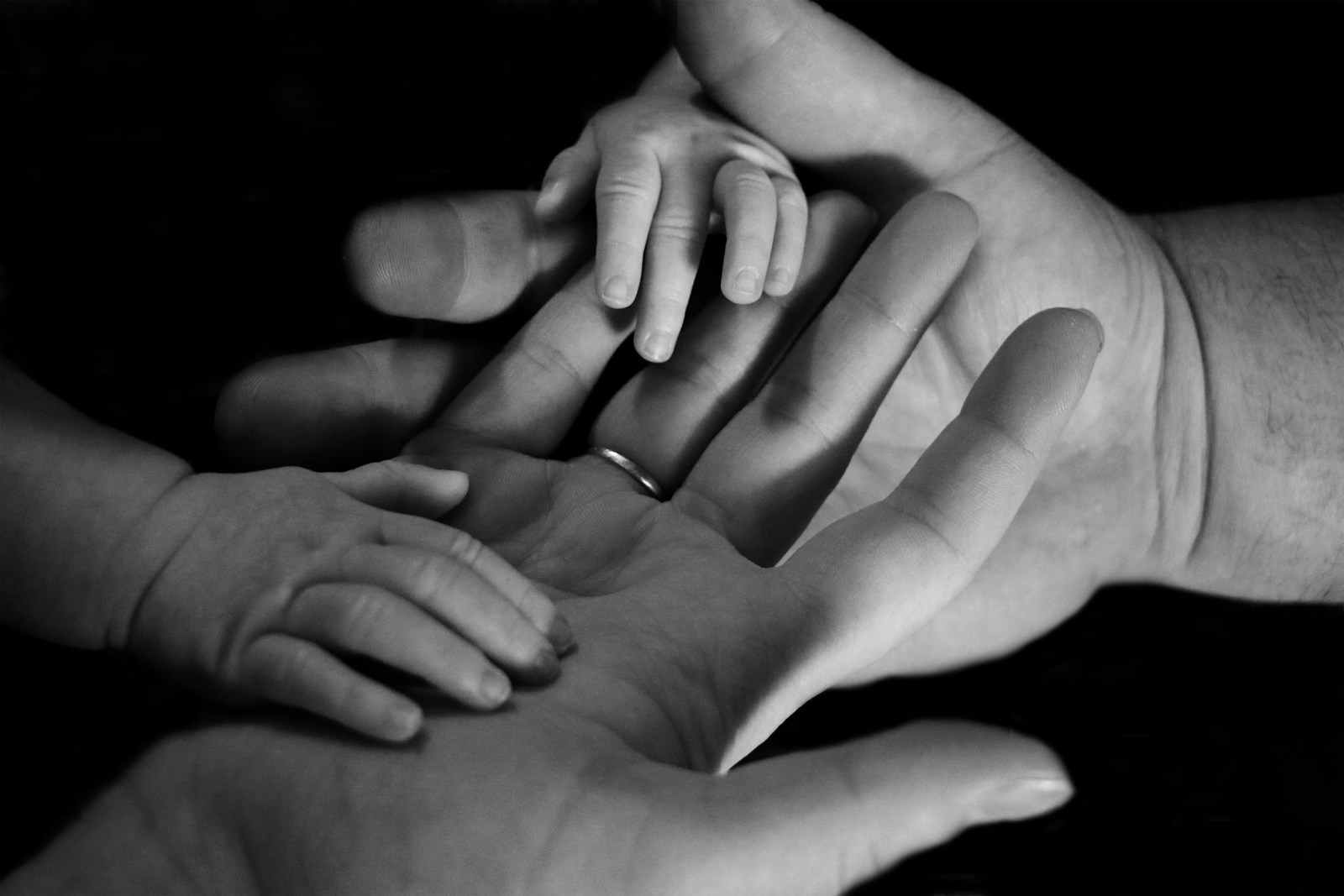UAE’S New Personal Status Law: A Landmark Step In Legal Reforms

In a decisive turn towards legal reform, on 15th April 2025, the UAE Federal Decree Law No. 41 of 2024 on Personal Status (the “new Law”), which was issued in October 2024, came into force. This new Law replaces the Federal Law No. 28 of 2005 on Personal Status, and any provision that contradicts or conflicts with the provisions of this New Law shall be abrogated.
The new Law aims to reform and promote equality and flexibility in the regulations regarding marriage termination, child custody, and the maintenance rights of wives. The new Law applies to Emiratis and expatriates and both Muslims and non-Muslims across all the Emirates of the UAE.
Table of Contents
What are Personal Status Laws?
Personal Status Laws are the legal frameworks that regulate personal status and family matters pertaining to marriage, divorce, inheritance, child custody, and maintenance. Often based on religious and social norms, these laws can differ from country to country.
Key Changes in Marriage and Termination Laws
Application of the Gregorian Calendar:
Article 2 of the new Law clearly expresses that for calculating the time periods under the new law, the Gregorian calendar shall be adopted, accordingly precluding the earlier usage of the lunar calendar founded on moon sightings.
Minimum Age for Marriage:
One of the significant changes that the new Law sets forth is the revision of the minimum age of marriage. Article 19 of the new Law sets the minimum age at eighteen (18) years for both men and women. For any marriage before the age of 18 years to be validly executed, the new Law requires a court permit, followed by a verification regarding the existence of an interest in such marriage.
Choice of Jurisdiction and Applicable Law:
The new Law introduces a clear procedural framework providing the parties to a marriage or any family case an option to choose between the application of UAE laws and/or foreign laws, obviating the earlier rule of default application of UAE laws, provided the foreign law does not violate public orders and morality.
Article 1 states that the provisions of this new Law shall apply to the following parties:
- UAE Nationals, if both parties to the relationship or one of them is Muslim.
- Non-Muslim UAE Nationals, unless they have special provisions for their sect or religion, or they agreed to apply another law as permitted by the legislation in force in the State.
- Non-Nationals in the UAE, unless one of them insists on applying his law or any other law that has been agreed to be applied, as permitted by the legislation in force in the State.
- All facts occurring after the enforcement of the Law and shall have retrospective effect to divorce declarations and divorce lawsuits, and the lawsuit of proving or denying paternity, on which no judgement is issued.
Family Guidance Department (Article 8):
In cases concerning divorce, custody, or maintenance, Article 8 provides that before presenting the case to the competent court, the Judge may issue direction to refer parties to the Family Mediation and Guidance Centre. Such claims’ referral shall be at the discretion of the supervising Judge, aiming at amicable resolution of disputes.
Engagement Gifts (Article 14):
If either party withdraws from a valid engagement or Betrothal (man’s request to marry the woman who is lawful for him, along with promise of marriage and not considered a marriage), gifts that were conditional on the completion of the marriage and valuable gifts exceeding Twenty-Five Thousand Dirhams in value shall be returned. However, if an engagement is called off due to death or any reason beyond the control of the parties, none of the gifts may be redeemed.
Proof of Lineage to Children Born in a Null and Void Marriage:
The previous laws on personal status precluded children born in a null, void or voidable marriage from the rights of descent and the proof of lineage. However, the new Law under Articles 38, 39 and 91recognises the proof of lineage of children in an Al-Fased marriage[1].
Amendment to the Grounds of Divorce:
The new Law introduced some new grounds for divorce:
- Addiction – Article 80 envisages addiction to intoxicants, including alcohol, drugs and psychotropic substances and causing harmas a valid ground for divorce.
- Abandonment and Imprisonment – Article 79 entitles the wife to the right to divorce, where the husband has abandoned her for more than 6 months, provided certain conditions are met. Article 79also enlists imprisonment (3 years imprisonment, wherein he has served one year of the jail time) of the husband as a valid ground, except in cases where he is released from prison during the legal procedures, or if the remaining jail sentence is less than 6 months.
- Medical Conditions – As per Article 69, divorce can also be sought due to any medical conditions, including lunacy, leprosy, or elephantiasis, etc., that prevent the parties from fulfilling their marital relations. In such cases, the court shall appoint an expert to evaluate such medical illness and grant a one-year grace period for the treatment.
Alimony or Maintenance Rights:
Chapter 7 upholds the wife’s right to alimony, which may be provided in cash, kind, or benefits, as ordered by the court. Key points include:
- Ineligibility: The wife shall not be eligible for maintenance if she leaves the marital home without valid reason, refuses conjugal rights, or refuses to travel with her husband without valid reason.
- Adjustments: The wife can claim an increase or decrease in maintenance based on changing circumstances and backdated expenses for up to 6 months.
- Daughter’s maintenance – Article 106 of the new Law establishes that the obligation of the father to maintain a daughter shall not cease upon her marriage. However, the father may not provide maintenance in cases where the daughter has a source of income or work.
- Parental maintenance – Article 107 provides that financially able individuals shall support their parents if they are unable to provide for themselves. Any failure to comply with a court-ordered obligation to maintain the parents and events of mistreatment, neglect, or refusal to care for one’s parents shall attract criminal penalties.
Child Custody and the New Law
The law defines custody as ‘care, upbringing and protection of the child and attending to their interests in a manner that does not conflict with the guardian’s right to guardianship’.
Key provisions for Custody of Child:
Extended Custody age: Unlike the earlier law, wherein the age limits for the custody of a boy were 11 and a girl was 13, the new law under Article 123 extends the child custody rights of mothers until the age of 18 for both boys and girls. This stands as a landmark amendment of its kind, upholding principles of equality and fairness.
Child’s choice: As per Article 122, upon reaching the age of 15, a child has the right to choose to reside with either of his/her parents. However, the court shall have the discretionary power to override such choice for promoting the child’s best interests.
Guardianship: The new law also establishes that (Article 112) while the Wilayah Ala AL-Nafs or the general guardianship of the child shall vest with the father or other guardians, the educational guardianship shall remain with the mother. Any disputes concerning such guardianship shall be handled by the Judge of Summary Matters.
Travel Rights: The new law under Article 116 entitles both parents to equal rights to travel alone with their child for up to 60 days annually. This 60-day period shall be extended by the Court under special circumstances, including any medical treatment of the child.
Mother’s Custody and Marital Home: The law (Article 120)also ensures that a mother’s choice to leave the marital home shall not affect her custody rights, provided the child’s welfare is not compromised.
Misuse of Child’s ID and Passport: The child’s Emirates IDs and passports shall not be misused. Any event of an attempt to use the child’s IDs in a manner that compromises the guardianship rights or failing to deliver a child’s documents to the rightful guardian shall attract criminal penalties of a fine from Dh 5,000 to Dh100,000 or potential jail sentences.
Conclusion:
The UAE’s New Personal Status Law stands as a major wave of legal reformation, setting a benchmark in gender equality, fairness, and flexibility within family laws. By introducing critical amendments across marriage, divorce, custody, and maintenance rights, the New Law reinforces the protection and promotion of rights for all family members, especially the vulnerable. It marks a decisive stride in the UAE’s ongoing journey towards modernization and social reform, ensuring that the legal framework remains in step with the evolving social fabric of the country.
[1] Al-Fased marriage, as explained by the law is “the tainted contract”. The word is derived from the Islamic law (specifically the Hanafi doctrine/school). Hence, wherever the word “voidable” is used in this Code it means “Al-Fased”.
By entering the email address you agree to our Privacy Policy.



